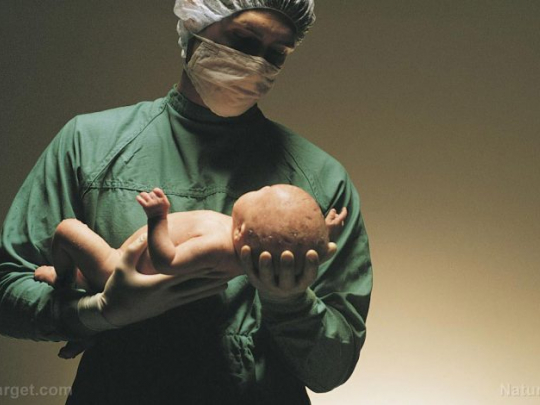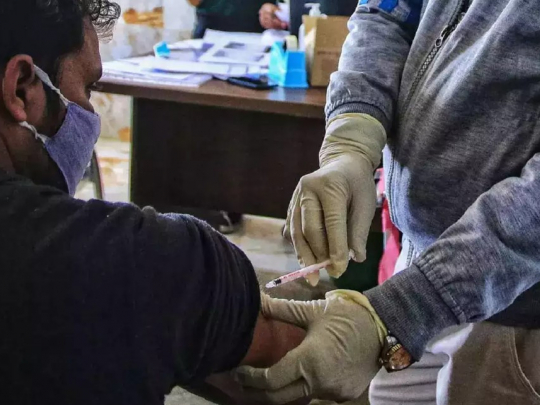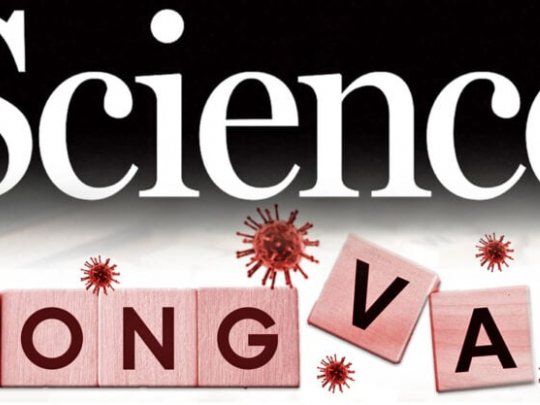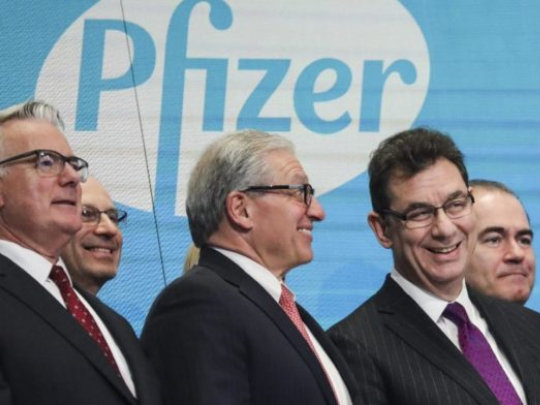KILLING BABIES: Death of infant linked to Pfizer Covid vaccine that mother took while breastfeeding

The death of a six-week-old breastfeeding baby has been linked to the Wuhan coronavirus (COVID-19) vaccine received by her mother, according to a vaccine adverse event filed with the U.S. government.
The baby’s mother, an unidentified 36-year-old woman from New Mexico, stated that she received her first dose of Pfizer’s COVID-19 vaccine on June 4, 2021. At the time, she was still breastfeeding her six-week-old infant son.
“On July 17, my baby passed away,” she said in a report filed with the Vaccine Adverse Event Reporting System (VAERS).
Baby got sick after mother got vaccinated
According to the woman’s testimony, her son had become “very sick with a high fever” on June 21. This was when he was treated with intravenous antibiotics for two weeks in a hospital for what doctors assumed to be a bacterial infection.
Tests conducted by the hospital “never found any specific bacteria,” according to the VAERS report, with his case diagnosed as “culture-negative sepsis.” It stated that, at the end of his two-week hospital stay, the infant tested positive for rhinovirus and was sent home.
But while at home, the baby developed further symptoms over the following week. These included “strange rashes,” a swollen eyelid and vomiting. These caused his mother to bring him back to the hospital on July 15 where he was diagnosed with “atypical Kawasaki disease.”
The Centers for Disease Control and Prevention (CDC) describes Kawasaki disease, also known as Kawasaki syndrome, as an “acute febrile illness of unknown cause that primarily affects children younger than 5 years of age.” The disease causes swelling in the walls of medium-sized arteries throughout the body.
Clinical symptoms include fever, rash, swelling of the hands and feet, irritation and redness of the whites of the eyes, swollen lymph glands in the neck and irritation and inflammation of the mouth, lips, and throat.
According to the Mayo Clinic, Kawasaki disease is “usually treatable” and most children recover from it “without serious problems.” But this was not the case for the woman’s baby who passed away shortly after he was returned to the hospital from “clots in his severely inflamed arteries.”
The report provides few other details about the case. His mother stated that the baby had been born three weeks early when she developed appendicitis.
Did the spike protein get transferred through breast milk?
In the VAERS report, the mother questioned the role of the Pfizer vaccine in her baby’s death. In particular, she asked whether spike proteins from the vaccine could have been transferred to her baby through her breast milk. (Related: If the spike protein facilitates entry of a gain-of-function coronavirus into cells, then why are we coerced to submit to spike protein-generating vaccines?)
“I am curious if the spike protein could have gone through the breast milk and caused an inflammatory response in my child. They say Kawasaki disease presents very similarly to the Multi-System Inflammatory Syndrome in children that they are seeing in post-Covid infections,” she said.
She points to the fact that antibodies, including those against SARS-CoV-2 – the virus responsible for COVID-19 – are known to be transferred from mother to infant through breast milk. Something supported by scientific studies.
One recent study found that 98 percent of women who had never been infected with SARS-CoV-2 but were breastfeeding by the time they received an mRNA vaccine – the type that includes the Pfizer vaccine – had antibodies against the virus in their breast milk.
In addition, the same study found that women with higher levels of antibodies in their blood also had higher levels of antibodies in their milk.
As the woman pointed out in the VAERS report, this raises the possibility that the spike protein may also be transferred from breastfeeding mothers to their babies. Whether or not this is what happened to the child is unknown. No studies to find out whether the spike protein is present in breast milk have been conducted as of reporting time.
- Source : Frances Walker - Dirty Laundry


















